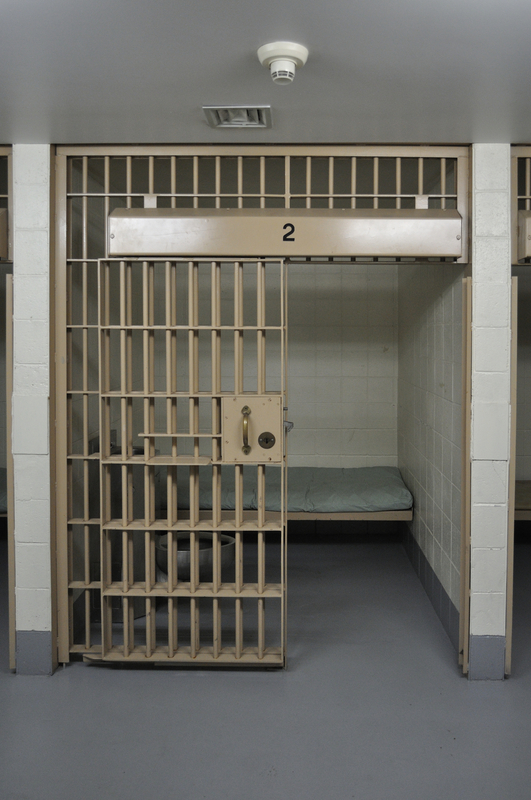TRENTON, NJ — Senator Raj Mukherji has introduced legislation aimed at establishing rehabilitative release options for certain aging incarcerated individuals in New Jersey. The proposed bill, currently in the 2024-2025 legislative session, seeks to amend existing laws and provide a new path to potential freedom for long-term inmates meeting specific criteria.
The bill stipulates that the Department of Corrections must issue a Certificate of Eligibility for Rehabilitative Release to inmates who have served substantial portions of their sentences and reached senior ages. Specifically, any inmate aged 60 or older who has served at least 20 years, or those aged 62 or older convicted of murder having served at least 30 years, may be eligible.
Additionally, the legislation mandates a notification process to the State Parole Board 60 days prior to the issuance of any certificate and requires the drafting of a detailed report on the inmate’s readiness for reentry. This report will be considered during court hearings on the petitions for release, where various stakeholders including victims or their family members can provide input.
Incarcerated persons eligible under this bill may petition the court for a sentence modification, arguing for their release based on demonstrated readiness for reintegration into society and lack of danger to the community. The Office of the Public Defender is tasked with representing these individuals unless they choose other counsel.
Following a hearing, the Superior Court is authorized to modify, reduce, or suspend sentences if clear and convincing evidence supports the inmate’s release, balancing public safety with the interests of justice. If a sentence is modified, the individual will be placed under a five-year parole supervision term.
The bill provides a structured legal framework aiming to reintegrate aging incarcerated individuals who show significant rehabilitation efforts, with a focus on educational, therapeutic, or vocational training during their incarceration. This legislative move reflects an evolving approach to criminal justice, emphasizing rehabilitation and reintegration over prolonged incarceration for aging populations.

